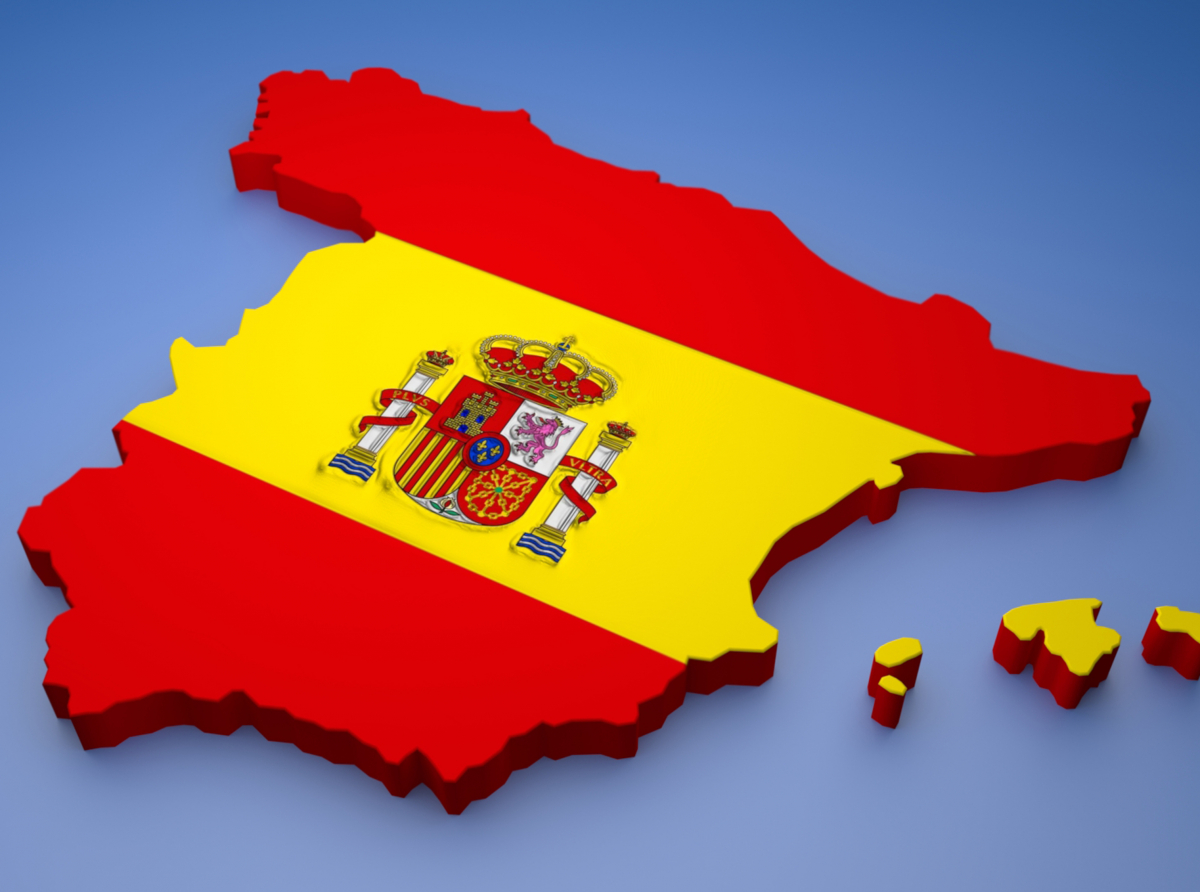The territorial entities of the federal States carry out an essential work in terms of protection of rights and freedoms. The recognition of subnational declarations, their development through ordinary territorial laws and their system of guarantees are elements directly related to the very nature of the federal State. The Spanish case is characterized because the proclamation of catalogues of subnational rights did not arrive until the first decade of the 21st century. But this is not a special case, Italy also recognized declarations of rights in its regional statutes in the early 2000s although this assumption came from two important constitutional reforms. Germany is a clear example of a federal State that has recognized subjective rights for years in the constitutions of the Länder, and that is perceived as a model for the two countries named above. Many years have passed since the introduction of subnational rights at the beginning of this century, characterized by the great recession (2008-2013) and the crisis caused by covid-19. Both events have influenced the territorial organization of power and constitutional and subnational rights and freedoms.
ISSN: 2036-5438





